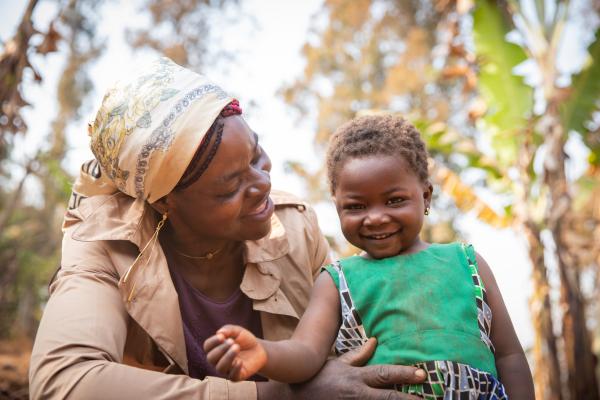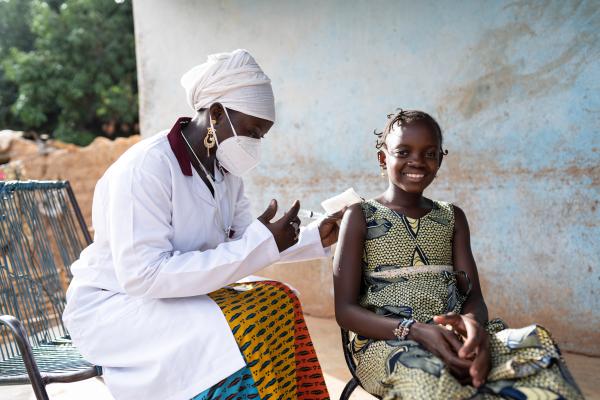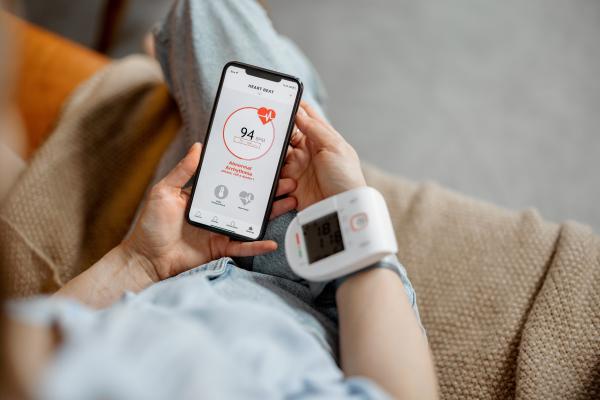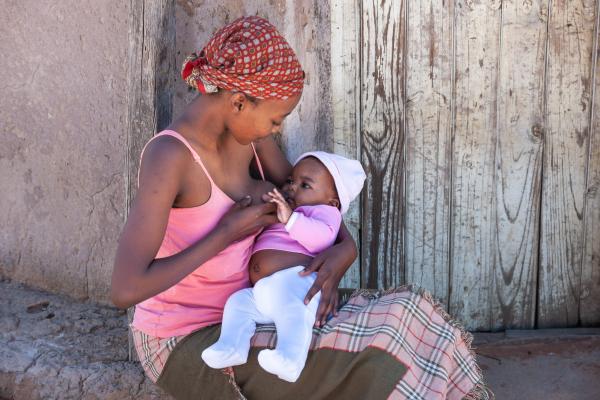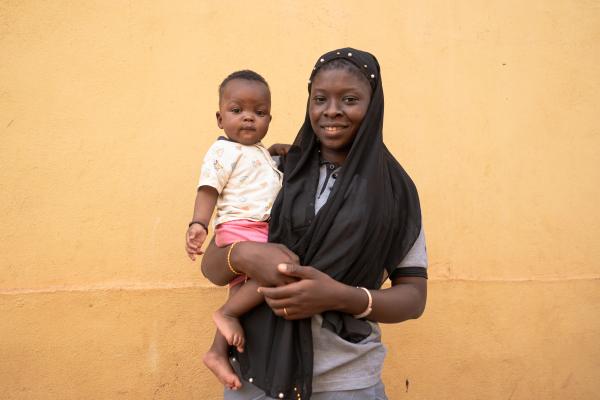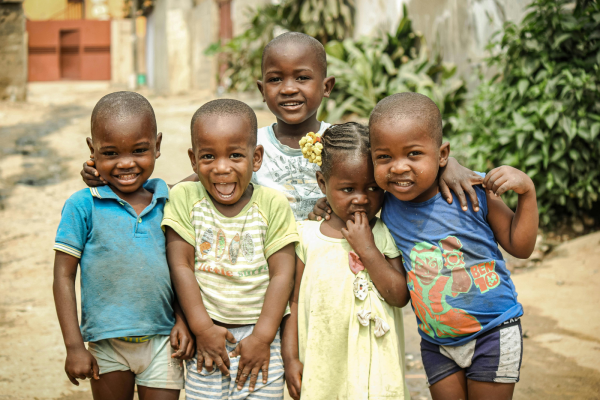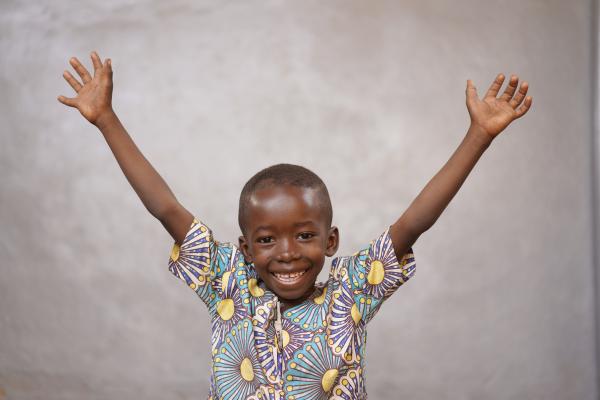
EDCTP drives health equity by prioritising underserved populations - including women,[1] newborns[2] and children,[3] urban poor and rural communities[4] - helping accelerate Africa’s progress towards Universal Health Coverage. It funds health technologies that are safe, effective, and suited to real-world conditions: treatments usable without electricity or clean water, medicines that can be administered by teachers or relatives, and tools adapted for remote settings with patient follow-up to maximise outcomes.[5] EDCTP also backs telemedicine platforms and mobile solutions that expand diagnosis, consultation and treatment for communities with limited access to healthcare facilities.
Equity and trust guide EDCTP’s work: research and resulting technologies are required to be accessible, acceptable, and gender-responsive, developed with high ethical standards and active community participation. EDCTP has adopted the TRUST Code[6] of Conduct for equitable research partnerships, making it a requirement for all funded projects, and inspired by it, the PREPARED Code[7]was developed to provide an ethical framework for research during health crises. They help prevent ethics dumping, support local leadership in research ethics, and build trust between researchers and communities, enabling higher-quality and more impactful interventions, while reinforcing local health systems.
Sources:
[1] Global Health EDCTP3 (2024) International Women’s Day 2024: Investing in women to accelerate progress
[2] MTBVAC in Newborns: Phase 2a Dose-Defining Safety and Immunogenicity Study and Capacity Building to Support Vaccine Efficacy Trials in Tuberculosis-Endemic Regions of Sub-Saharan Africa — ERA-LEARN & Evaluating the impact of the global evidence, local adaptation (GELA) project for enhancing evidence-informed guideline recommendations for newborn and young child health in three African countries: a mixed-methods protocol - PubMed
[3] CHAPAS-4, PEDICAP, GELA, MTBVAC
[4] COREP - International partnerships against infectious diseases & Feasibility, acceptability and preliminary effects of a social network-based, peer-led HIV self-testing intervention among men in two Ugandan fishing communities, 2022 | Archives of Public Health | Full Text

